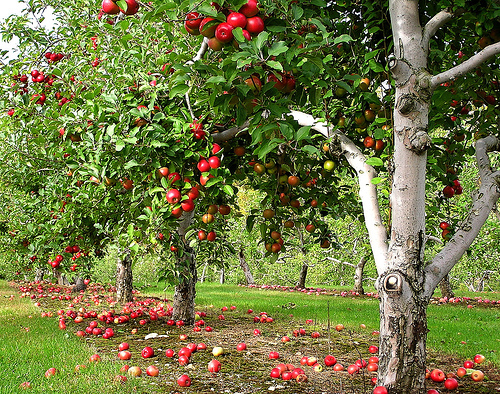أَفَمَنْ يَمْشِي مُكِبًّا عَلَىٰ وَجْهِهِ أَهْدَىٰ
أَمَّنْ يَمْشِي سَوِيًّا عَلَىٰ صِرَاطٍ مُسْتَقِيمٍ
Ever since my respected teacher Moulana Hashim saheb Daamat Barakaatuhum taught this verse more than three weeks ago, it continues to pop in my head. Well, this verse, and another one, but I will only write about this verse because the other verse is scarier. Perhaps I may touch upon the other verse at some later time, Insha Allah.
The translation for the above is:
Is he who walks falling on his face better guided
or he who walks upright on the straight path?
Moulana saheb gave two explanations for this verse:
- A person keeps walking and falling, and not just falling, but falling on his face. Another person walks with confidence. Who will one trust more to be on the right path? Who would one chose to follow? The one who is walking assuredly or the one who keeps falling? In this verse, the latter is the believer, whilst the former is the misguided.
- This is a depiction of the Day of Qiyaamat. Those who keep falling are those who will be dragged on their faces rather than walking with their feet. How will this be able to happen, how can they move on their face? The answer is that Allah Ta'aala, who has made it possible for us to walk on our feet, will make it possible for the wrongdoers to be dragged on their faces.
May Allah Ta'aala keep us safe and on the straight path, Ameen.



